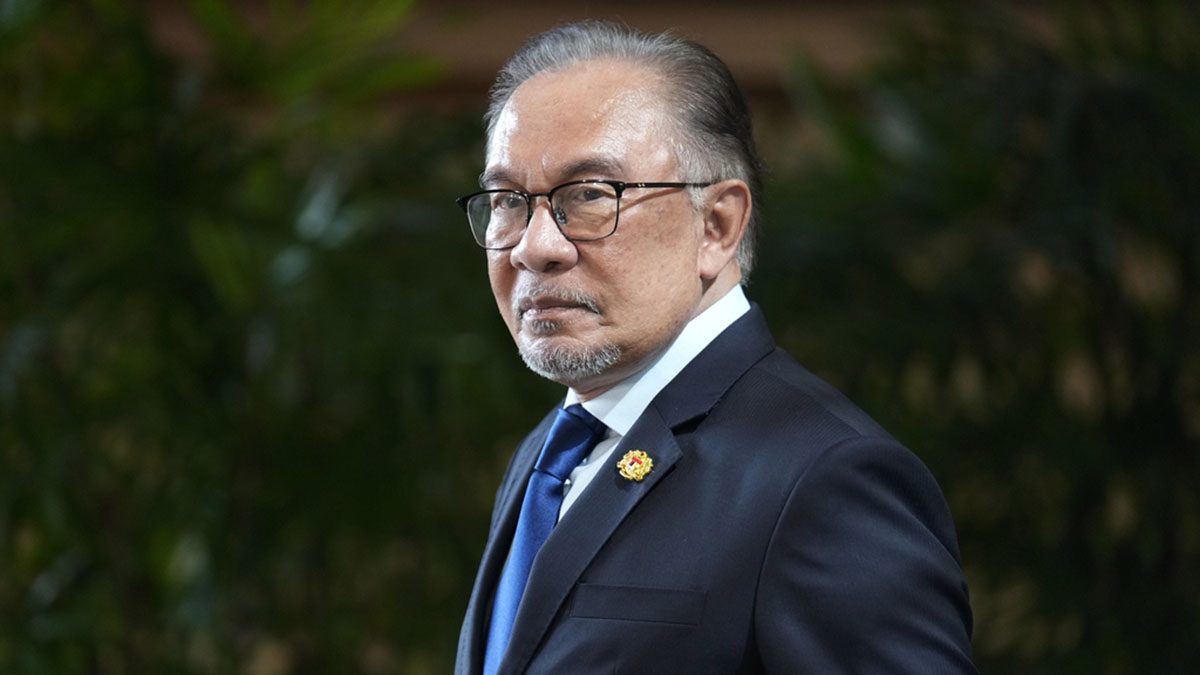Malaysian Prime Minister Anwar Ibrahim, who was on a visit to Dhaka on Friday, announced plans to admit 18,000 Bangladeshi workers who had missed a previous employment deadline in Malaysia.
This visit marks the first by a foreign head of government since Bangladesh’s interim administration, led by Nobel laureate Muhammad Yunus, took office following Sheikh Hasina’s resignation in August amid violent protests.
Anwar’s announcement followed a meeting with Yunus, where the entry of the workers was a key topic of discussion. Bangladesh has been pressing Malaysia to allow their entry after the May 31 deadline passed.
“We have discussed the entire system and adopted transparent procedures,” Reuters quoted Anwar as saying during a joint press briefing.
“We need workers, but they cannot be treated as modern slaves, whether they are from Bangladesh or any other country. I have said this publicly before, and I reaffirm it now,” he added.
The meeting underscores the growing partnership between Bangladesh and Malaysia as both nations work to address shared challenges such as labour migration and the ongoing Rohingya refugee crisis.
Bangladesh has been facing a fresh influx of Rohingya refugees fleeing escalating violence in Myanmar’s Rakhine state.
“We discussed the issue of safe repatriation of forcibly displaced Myanmar nationals to Myanmar," Reuters quoted Yunus as saying.
“We requested the Malaysian prime minister to raise the Rohingya repatriation issue in the ASEAN forum so that this protracted crisis can be resolved as soon as possible,” he added, referring to the Association of Southeast Asian Nations summit starting on Sunday.
Impact Shorts
More ShortsThe recent wave of around 20,000 Rohingya Muslims has added to the already overwhelming number of refugees in Bangladesh’s Cox’s Bazar camps, where over a million Rohingya are housed.
Despite efforts, the safe repatriation of Rohingya refugees has seen little progress, with Myanmar continuing to deny them citizenship and basic rights.
Bangladesh remains a crucial source of labour for Malaysia, with over a million of its workers already employed in the Southeast Asian nation, particularly in sectors such as construction, manufacturing, and agriculture.
However, there have been concerns over the fairness and transparency of the recruitment process.
Since August 2022, approximately 450,000 Bangladeshi workers have migrated to Malaysia under a syndicate of 101 recruiting agencies from both nations.
The Bangladesh Association of International Recruiting Agencies (BAIRA) earlier urged the governments of both countries to dismantle the syndicate, which has dominated migrant labour supply in recent years.
With inputs from agencies


)

)
)
)
)
)
)
)
)



